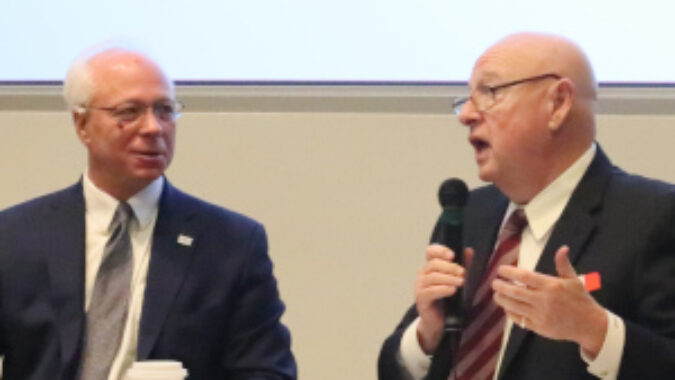According to a recent report, the skills mismatch is the key barrier to human capital development, affecting two out of five employees in Organisation for Economic Co-operation and Development countries. For employers, the skills mismatch is essentially a hidden tax, according to Fixing the Global Skills Mismatch, a report by the Boston Consulting Group (BCG) And because uneven economic growth and global divisions of labor can lead to greater disparities among the world’s economies, the mismatch creates risks for governments.
The report points to the need for a more human-centric approach to education and employment that will treat an individual not just as an element of the workforce or a passive consumer of education and training services but as an equal partner in the creation of a future-ready society and economy.
“The system for building human capital needs to be updated,” says Dr. Leila Hoteit, a BCG senior partner and coauthor of the report. “Not only does the future economy demand a human-centric approach, education systems need to adapt to new and more sophisticated market requirements.”
Transforming Education and Labor Markets
Skills are becoming obsolete at an increasingly fast rate—technical skills, for example, are outdated in two to five years, and it is expected that by 2022, 27% of available jobs will be in roles that do not yet exist—heightening the need for reskilling and upskilling.
At a time of high uncertainty, people need the cognitive and noncognitive skills and knowledge necessary for adapting to employers’ changing requirements. At the same time, people must take responsibility for their own professional development to be able to choose a career path and to fully unlock their potential.
The report highlights that to address the skills mismatch, the 20th-century social contract—with its standardized forms of education, nontransparent labor markets, and job-for-life expectations—needs to be transformed into a fundamentally new pact that involves employees, employers, the government, and the education system.
To realize the full potential of human capital and fix the global skills mismatch will require the following:
- Workers must learn continuously in order to remain in demand, maintain their performance throughout ongoing technological change, and train for activities that do not yet exist.
- Individual employees need to take responsibility for their own professional development.
- Government and employers should provide support and ensure the broadest possible access to opportunities.
- Limits on access to opportunities in the labor market must be removed.
Avoiding the productivity tax is not an issue that can be easily addressed: only 28% of respondents to a BCG survey reported that they consider using self-service content for learning, and about 41% of job seekers find jobs through online platforms while 3 billion people lack access to the internet.
“Countries must rethink the way education and training are funded, designed, and delivered; change mindsets accordingly; and implement a more collaborative approach through which best practices can be shared and labor markets can become more open,” sums up Sergey Perapechka, a BCG partner and coauthor of the report. “Collaboration will be needed not only within countries but also across borders. Countries that have open labor markets and are prepared to share best practices with their peers will be far better equipped to resolve labor market mismatches.”
A copy of the report can be downloaded here.

